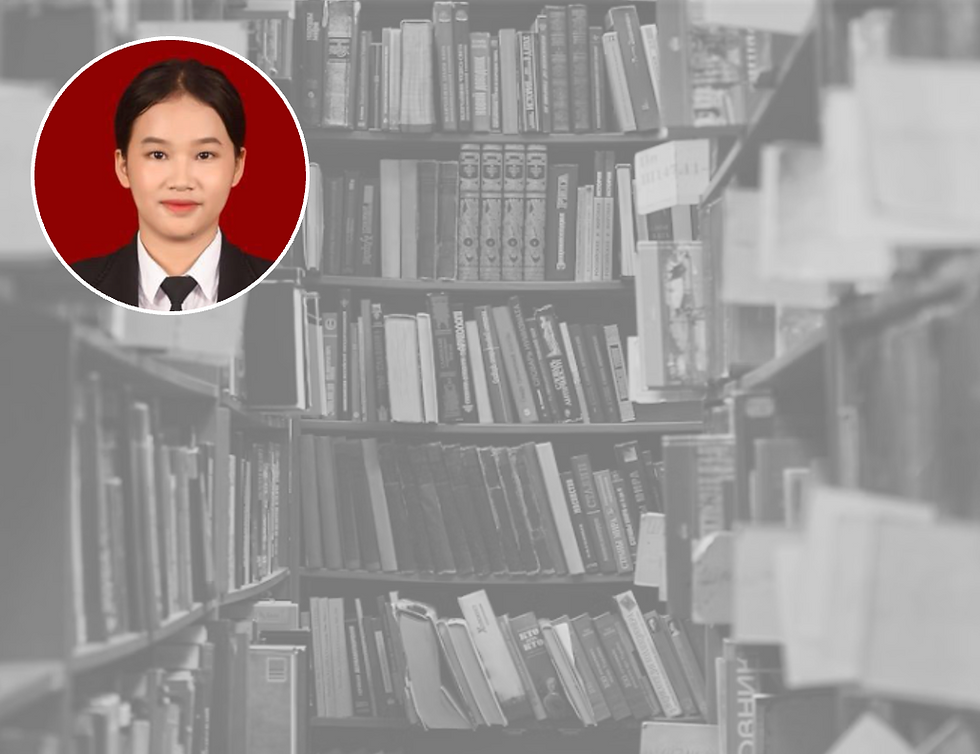Negotiating Ethics in Digital Communication: WhatsApp and Maqasid al-Shariah
- AIOR Admin

- Oct 22, 2025
- 1 min read
Liza Mariah Azahari, Hajah Halimaturradiah binti DSS Haji Metussin, Khatijah Othman
Universiti Islam Sultan Sharif Ali

This study offers a narrative review examining the use of WhatsApp through the lens of Maqasid al-Shariah (the objectives of Islamic law), thereby contributing to interdisciplinary discussions on digital culture, ethics, and social practices. The five objectives—preservation of religion, life, intellect, lineage, and property are traditionally rooted in Islamic jurisprudence but here are applied to the contemporary context of social media use. By analyzing how reliance on WhatsApp may support or challenge these objectives, the paper situates Islamic ethical frameworks within broader cultural studies debates on the social and moral implications of communication technologies. The review highlights concerns around excessive and uncritical use of WhatsApp, including risks to intellectual integrity, family cohesion, and personal wellbeing, while also acknowledging its role in sustaining community, religious practice, and social connectivity. Drawing on prior studies and media reports, the paper argues that Maqasid al-Shariah can serve as a culturally grounded ethical compass for navigating the complexities of digital life. It concludes by calling for further empirical and comparative research to deepen understanding of how Islamic values and global digital cultures intersect in shaping everyday practices of communication







That is a profoundly important and timely study, addressing the ethical dimensions of digital communication through the lens of Maqasid al-Shariah. The application of these objectives to contemporary platforms like WhatsApp is fascinating.
To ensure this vital research reaches policymakers, religious scholars, and the broader public, strategic dissemination is key. Utilizing specialized social media marketing services could effectively target these specific academic and cultural communities, maximizing the paper's impact on discussions around digital ethics and intellectual preservation.